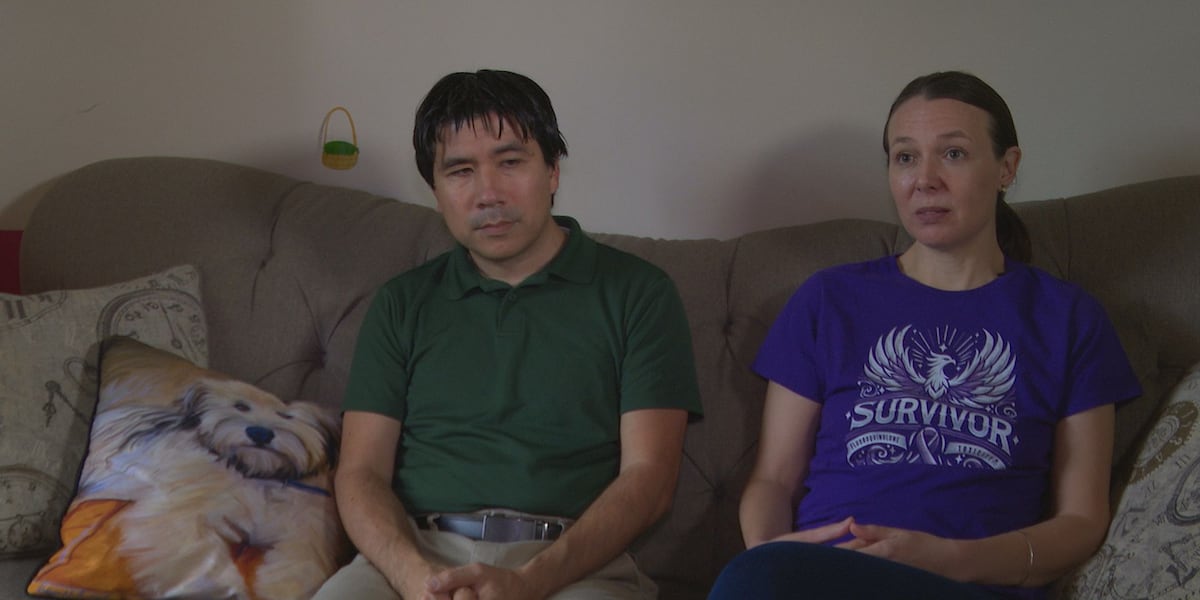JACKSONVILLE, N.C. (WITN) – A Jacksonville resident used to live an active life as a mom and wife. She then got sick and didn’t know why.
Years later, she believes a common antibiotic caused it.
Lauren Saikkonen was prescribed the antibiotic Cipro in 2011 for stomach pains, and then again for a UTI in 2023.
“I go into one of the groups and say I was prescribed Cipro and had a bad reaction, and someone says it sounds like you might’ve been floxxed,” Saikkonen said. “How did I not know, how did I not know!”
Saikkonen had an immediate reaction after taking Cipro the second time. Her husband remembered she had taken it before, so he went back through decades of medical records she had kept when she became ill.
“There it was, right there in black and white that I had taken in 2011,” Saikkonen said. “We would’ve never put it together that that’s what disabled me unless…”
Cipro is part of a group of antibiotics called fluoroquinolones. These drugs can be prescribed for a variety of infections.
Dr. Charles Bennett, a hematologist oncologist with a PhD in public policy, has been researching this drug.
Bennett and his colleague tested the fluoroquinolone drug on mice.
“When we gave them Cipro, the mice did all these things, like not talk to other mice, not go through mazes, not hang on the handlebars,” Bennett said.
Bennett also spoke with people who had been affected by the drug and took their stories and research to the U.S. Senate in 2015. This led to an FDA advisory committee being called.
“A woman from the FDA, Deborah Boxwell, said that for the first time in her life, she’s convinced the side effects are real because of stories that were written to the FDA and not because of data,” Bennett said.
The drug labeling was not changed, but a boxed warning was added the next year.
Awareness about the condition caused by Cipro has not been widely known or recognized until recently.
“I feel like the FDA and the government, you know, really dropped the ball on this one as far as warning the public,” Saikkonen said.
On October 1st, a new International Classification of Diseases list, or ICD-10 codes, came out. This is a global system to help doctors recognize and report diseases and health conditions.
The new codes recognize fluoroquinolone poisoning. Since doctors can’t diagnose anything without an ICD code, people harmed by fluoroquinolones can now be diagnosed as “floxxed.”
This change will help bring more awareness and research about the drug and the condition, though there is still no cure.
But the progress is helping people stay grounded.
“I want to be there for the kids. I’ve always wanted my own family, and I do my absolute best, but I can’t; it’s frustrating,” Saikkonen said. “I can’t be the mom I want to be, but I give them my best day to day.”
Copyright 2025 WITN. All rights reserved.

